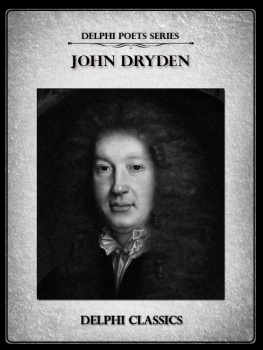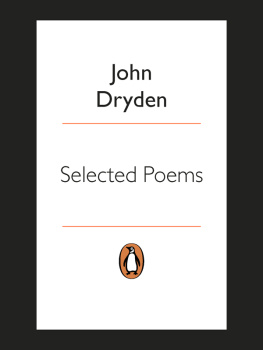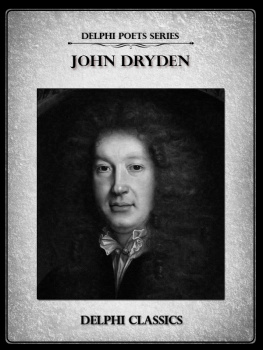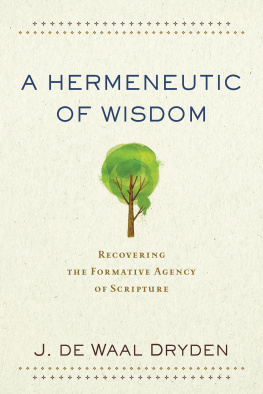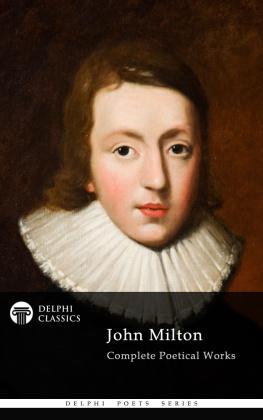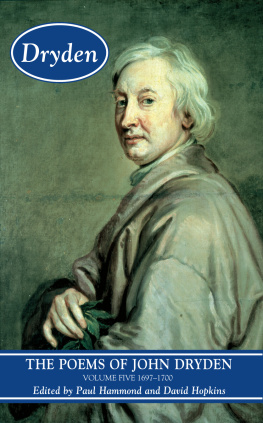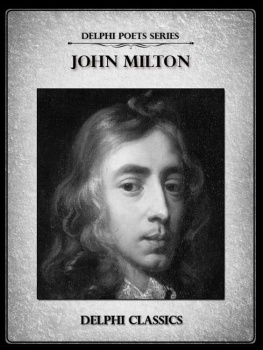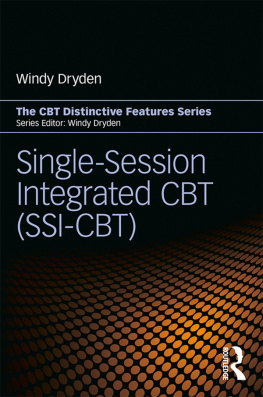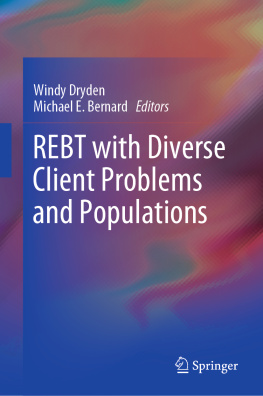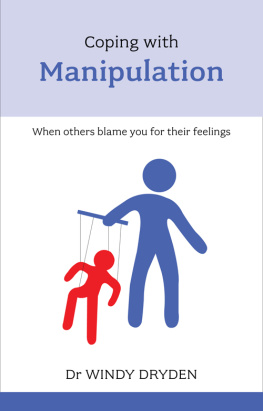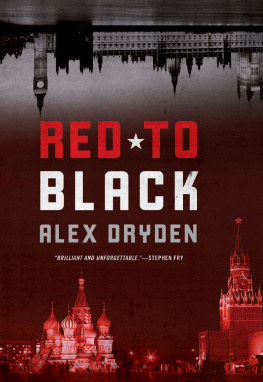

JOHN DRYDEN
(1631-1700)

Contents
ALL FOR LOVE

Delphi Classics 2013
Version 1


JOHN DRYDEN

By Delphi Classics, 2013
NOTE

When reading poetry on an eReader, it is advisable to use a small font size, which will allow the lines of poetry to display correctly.
The Poetry Collections

John Dryden was born in the village rectory of Aldwincle, near Thrapston, in Northamptonshire.

Another view of the house

John Dryden by James Maubert, 1695
EARLY POEMS

John Dryden was born in the village of Aldwincle in Northamptonshire, where his maternal grandfather was Rector of All Saints. His family was descended from Puritan landowning gentry that supported the Puritan cause and Parliament and interestingly he was also a second cousin of Jonathan Swift. As a boy Dryden lived in the nearby village of Titchmarsh, before being sent to Westminster School as a Kings Scholar, under the tutelage of Dr Richard Busby. Dryden clearly respected the Headmaster and later sent two of his sons to school at Westminster. As a humanist public school, Westminster maintained a curriculum which trained pupils in the art of rhetoric and the presentation of arguments for both sides of a given issue - a skill which would remain with Dryden and influence his later writing and thinking. The Westminster curriculum also included weekly translation assignments that developed Drydens capacity for assimilation.
The young poets years at Westminster were not uneventful and his first published poem, an elegy with a strong royalist feel on the death from smallpox of his school friend Henry, Lord Hastings alludes to the execution of King Charles I, which took place on 30 January 1649, close to the school where Dr Busby had first prayed for the King and then locked in his schoolboys to prevent their attending the spectacle.
In 1650 Dryden joined Trinity College, Cambridge, where he experienced a return to the religious and political ethos of his childhood, as the Master of Trinity was a Puritan preacher, who had been a rector in Drydens home village. Though there is little specific information on Drydens undergraduate years, he would most certainly have followed the standard curriculum of classics, rhetoric and mathematics. In 1654 the poet obtained his degree, graduating with great distinction and in June of the same year Drydens father died, leaving him land that generated a little income, though not enough to live on.
Returning to London during the Protectorate, Dryden obtained work from Cromwells Secretary of State, John Thurloe. This appointment may have been the result of influence exercised on his behalf by his cousin the Lord Chamberlain, Sir Gilbert Pickering. At Cromwells funeral on 23 November 1658, Dryden became acquainted with the Puritan poets John Milton and Andrew Marvell. Shortly after this time he published his first important poem, Heroique Stanzas (1658), a eulogy on Cromwells death, serving as a cautious and prudent emotional display. In 1660 Dryden celebrated the Restoration of the monarchy and the return of Charles II with Astraea Redux , an authentic royalist panegyric. In this work the interregnum is illustrated as a time of anarchy and Charles is depicted as the restorer of peace and order.
After the Restoration, Dryden quickly established himself as the leading poet and literary critic of his day and he transferred his allegiances to the new government. Along with Astraea Redux , Dryden welcomed the new regime with two more panegyrics; To His Sacred Majesty: A Panegyric on his Coronation (1662), and To My Lord Chancellor (1662). These poems indicate that Dryden was looking to court a possible patron, though he was ultimately to make a living writing for publishers and the reading public, rather than for the aristocracy.

The charismatic Rev. Dr. Richard Busby (16061695), who was an Anglican priest serving as headmaster of Westminster School for more than fifty-five years.
CONTENTS

Charles II, whose reign commenced in 1660 and was celebrated in Drydens early work Astraea Redux, a royalist panegyric in which the poet welcomes the new regime. It is a vivid emotional display that overshadows the cautious Heroique Stanzas that Dryden composed for Oliver Cromwells death.
Upon the Death of the Lord Hastings
MUST Noble Hastings Immaturely die,
(The Honour of his ancient Family?)
Beauty and Learning thus together meet,
To bring a Winding for a Wedding-sheet?
Must Vertue prove Deaths Harbinger? Must She,
With him expiring, feel Mortality?
Is Death (Sins wages) Graces now? shall Art
Make us more Learned, only to depart?
If Merit be Disease, if Vertue Death;
To be Good, Not to be, whod then bequeath
Himself to Discipline? Whod not esteem
Labour a Crime, Study self-murther deem?
Our Noble Youth now have pretence to be
Dunces securely, Ignrant healthfully.
Rare Linguist! whose Worth speaks it self; whose Praise,
Though not his Own, all Tongues Besides do raise:
Then Whom Great Alexander may seem less,
Who conquerd Men, but not their Languages.
In his Mouth Nations speak; his Tongue might be
Interpreter to Greece, France, Italy.
His native Soyl was the four parts o th Earth;
All Europe was too narrow for his Birth.
A young Apostle; and (with revrence may
I speak it) inspird with gift of Tongues, as They.
Nature gave him, a Childe, what Men in vain
Oft strive, by Art though furtherd, to obtain.
His body was an Orb, his sublime Soul
Did move on Vertues and on Learnings pole:
Whose Reglar Motions better to our view,
Next page
